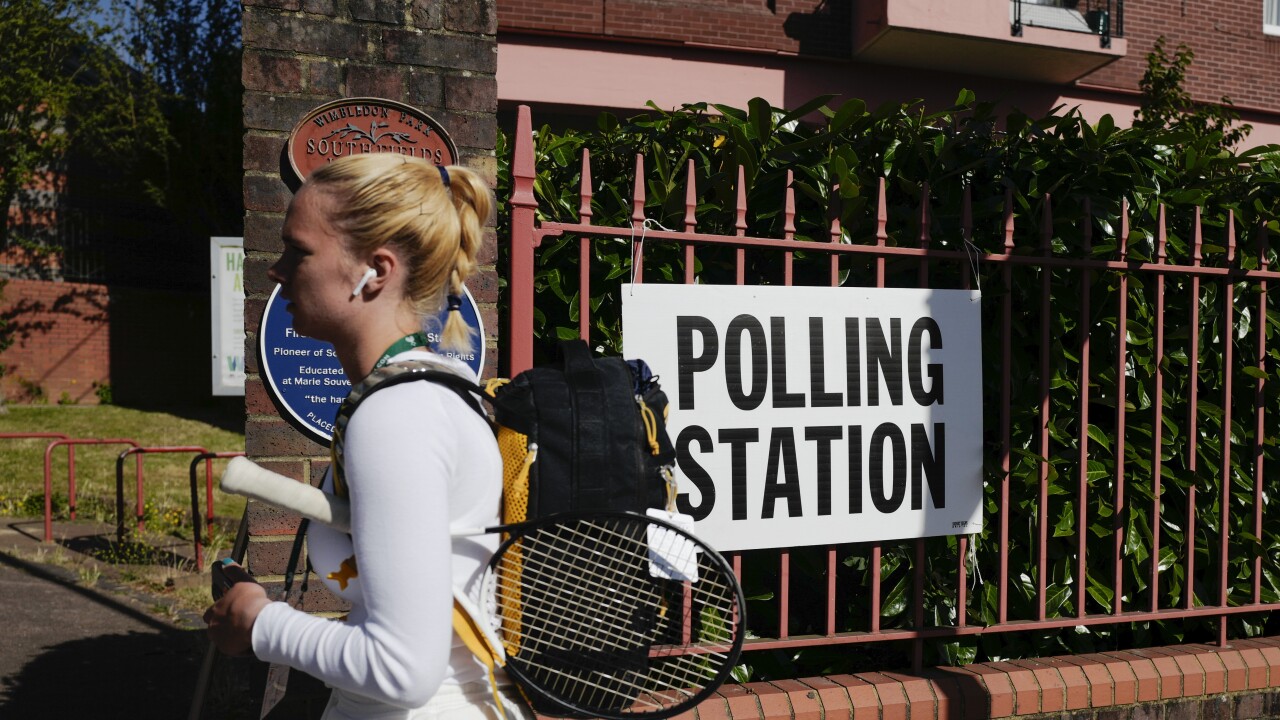The United Kingdom has announced plans to lower its voting age from 18 to 16 in an effort to increase voter turnout in national elections. The change aligns with the current government's promise made during its election campaign, although it has sparked criticism from opposition parties alleging political motivations.
Under the new rules, 16- and 17-year-olds will be allowed to cast votes in UK general elections, a move justified by the government on the grounds that these teenagers already bear responsibilities similar to adults. At 16, individuals may pay taxes with sufficient income and can consent to sexual relations. However, despite their ability to vote, young people remain prohibited from activities such as obtaining a tattoo, buying alcohol without their parents, marrying in most areas, enlisting in the military, purchasing fireworks, and donating blood.
Critics, such as Reform UK leader Nigel Farage, argue that this age alteration introduces inconsistencies—allowing young voters the right to influence government decisions while excluding them from standing for election themselves, as the minimum age to become a lawmaker remains at 18.
RELATED STORY | UK lawmakers vote to decriminalize abortion
The impact of this decision on the political landscape in the UK is still under debate. While traditionally young voters have leaned toward the more left-wing Labour Party, which stands to potentially gain from this demographic shift, a considerable portion of these new voters has also expressed support for other parties, including the right-wing Reform UK.
Despite the potential for change in voting patterns, the new voter base constitutes about 1.5 million individuals, representing roughly 2% of the total UK electorate. Analysts expect only minimal shifts in final outcomes across the country. However, constituencies previously won by narrow margins could see significant influences by this cohort come the next general election scheduled for 2029.
With the political landscape continuously evolving, the modified voting age is likely to add a fascinating dynamic to future UK elections, testing the conventional links between youth and leftist political parties.
This story was initially reported by a journalist and has been converted to this platform with the assistance of AI. Our editorial team verifies all reporting on all platforms for fairness and accuracy.




